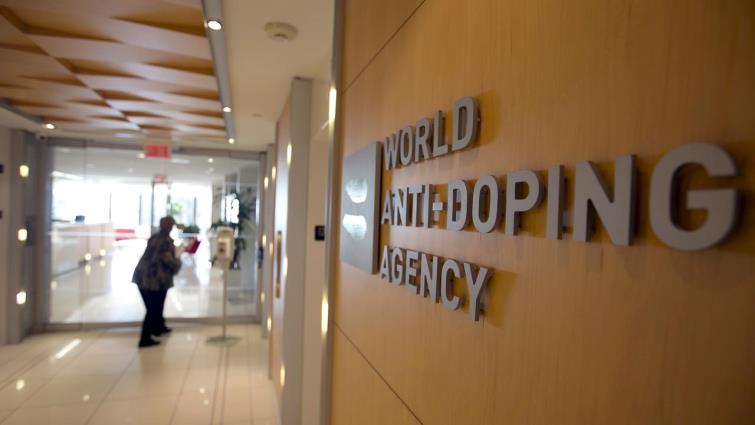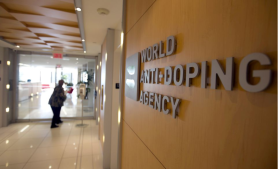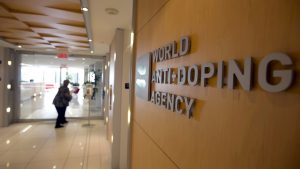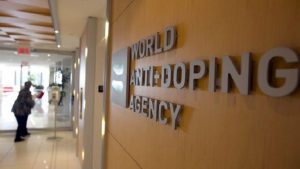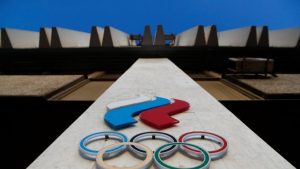In about a week from today, King’s college in London, England, will play host to a very important international conference. Partnership for Clean Competition Conference, better known as PCC Conference, is a periodic brain-child of the World Anti-Doping Agency (WADA) and its associates.
So popular is the PCC Conference that in 2017, for example, the conference sold out during early registration, confirming its popularity is a thee gathering to attend.
Usually, activities at a PCC Conference include private room meeting arrangements, details about speakers and laboratory tour registrations for keen participants.
Advertised as #PCC2019, the conference is sold as an occasion where stakeholders from various parts of the world come together with interest groups around WADA are exposed to the latest cutting edge discoveries. Participants also get to be given a tour of a WADA-accredited laboratory where they stand to be inspired by world-renowned experts.
At face value, therefore, it is a highly commendable effort by the world anti-doping body to gather under one roof to take stock of the noticeable challenges as well as available opportunities. Above all, WADA’s success has to be based upon a common understanding and appreciation of its mandate by all the national associations from members-states.
Way too often, though, WADA is plagued by allegations and suspicions of nefarious activities under the guise of a pursuit for good governance.
Just recently, WADA lifted its suspension the Bucharest-based Romanian Doping Control Laboratory amid ferocious protestation by the East European country. The suspension had been in place since February 2018.
The biggest challenge that WADA still faces to this day is its apparent uneven treatment of doping authorities.
For instance, despite repeated visits by WADA experts to the Moscow-based Russian Anti-Doping Agency, and expressed undertakings by Russian authorities to fully comply and co-manage its laboratory with WADA officials, Russian athletes have continually found themselves barred from competing internationally.
The International Olympic Committee has long lifted the ban on Russian authorities following the doping scandal that rocked their testing systems, yet WADA remains adamant to cooperate with Moscow for the full return of their athletes to international competition.
There is no doubt that WADA was founded on noble intentions. Its mission says it all: “To lead a collaborative worldwide movement for doping-free sport.”
The biggest threat to the reputation of the organization, therefore, is unwelcome perception of persistent bias by bigger nations against the smaller ones.
Or, even worse, WADA should never find itself been accused of political interference in the current complex world relations. When sanctions are unilaterally imposed, say, by a powerful country against its opponents for whatever the reason, WADA must consciously keep sport completely out of politics.
Otherwise, many national doping agencies from either smaller countries or political foes may boycott invitation to gatherings such as the PCC Conference on the perception that it is a mere meeting of allies duping the world for their own selfish interests.
Others may claim that the powers-that-be at WADA just need a platform to impose their agenda on everybody. Hence, there is not apparent enthusiasm in Sub-Saharan Africa about the PCC Conference.
WADA has a programme known as “Play True Day”, where they invite athletes, regional and national anti-doping organisations, sports federations and other stakeholders to participate.
Unless everybody is convinced that WADA does “play true”, the risk of divisions remain high.


